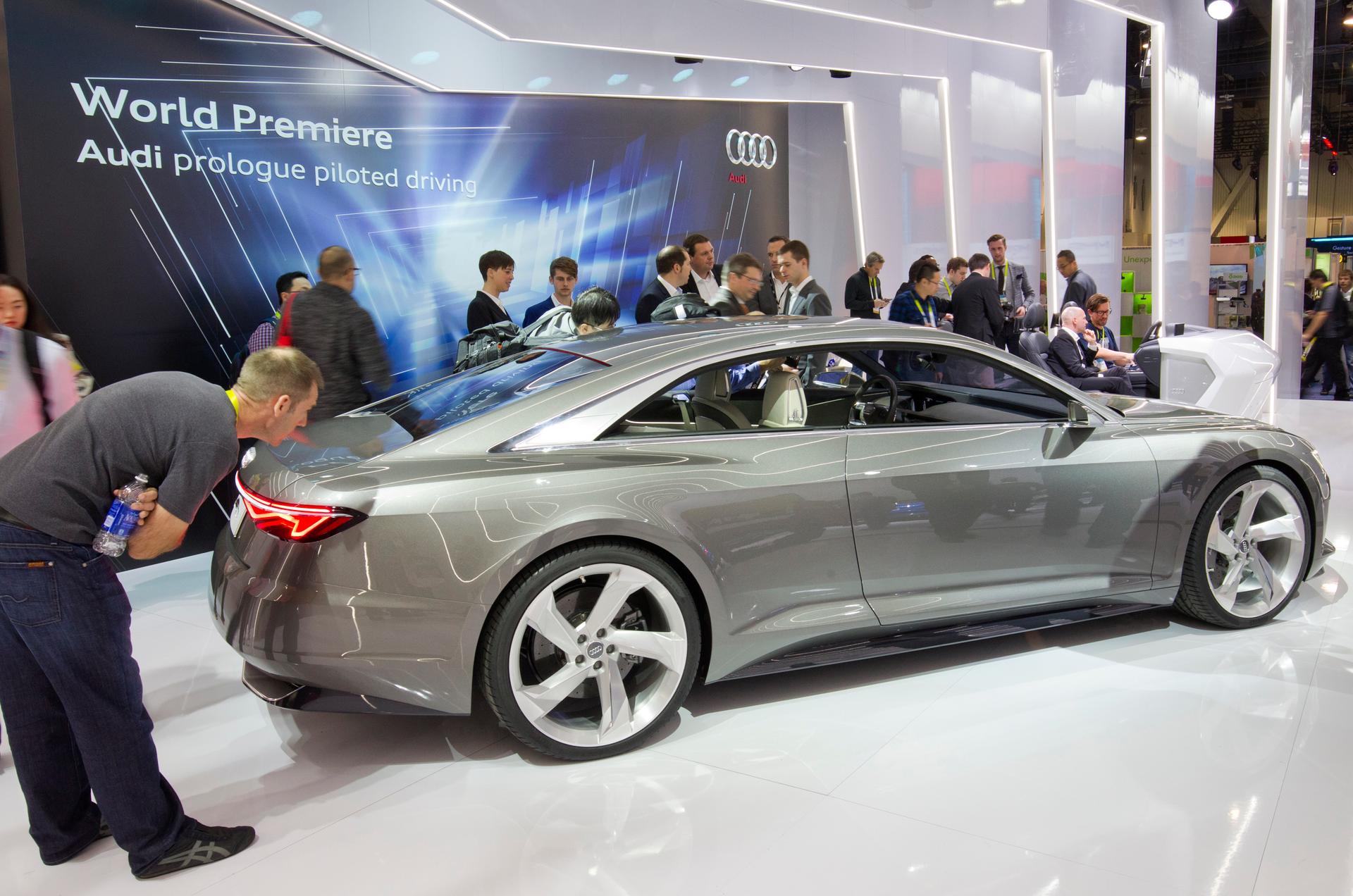Driverless cars are all the rage, but are they really all they’re cracked up to be?
The Audi Prologue concept car is displayed after being unveiled at the 2015 International Consumer Electronics Show in Las Vegas, January 6, 2015. The autonomous driving system uses a laser scanner, several video cameras, radar sensors and ultrasound sensors.
Cars are invading the bastion of the tablet and TV set: the Consumer Electronics Show. And the driverless car is a hot topic. (Some people refer to these vehicles as “self-driving cars.” Perhaps “driverless” sounds too scary?)
Take the Mercedes-Benz F 015 Luxury in Motion, which boasts swiveling seats, that debuted at the show. “The car represents Mercedes' vision of a fully autonomous rolling lounge that envelops four passengers in technology and comfort,” reports Gizmag.
Personally, I think that 10 years from now the driverless car will be common, starting first at slow speeds in cities and branching out to the highways. From my own driving experience, I tend to believe that highway driving is more consistent, as there are fewer turns, intersections, decisions and obstacles to overcome.
My question is this: Who wants a driverless car? I enjoy the driving experience and buy cars that are fun to drive. But I may be a dinosaur. And considering the increasing number of people glued to their phones — and the ensuing distracted driving accidents — I'd prefer that people who’d rather be tweeting, texting, or shopping online aren't controlling a car. (This brings to mind the old Greyhound commercial about taking a bus “…and leave the driving to us.”)
I suspect that much of the impetus for the driverless car is all about the money. Google, a driverless flag-bearer, would probably much rather that you never put down your smartphone — even to drive your car. There’s money to be made with that idea.
Google has already rolled out an experimental autonomous vehicle that has no steering wheel. “The only things the driver controls is a red “e-stop” button for panic stops and a separate start button,” The New York Times wrote last May. Google ran into a roadblock in the form of new testing rules from California’s Department of Motor Vehicles, the Wall Street Journal reported last August.
For me, I'll take intelligent cruise control, where I have the option to drive or let the car do it for me. And it won’t be because I don’t trust the new technology. Rather — I just like to drive.
This story was originally published as a blog post from Science Friday with Ira Flatow.
